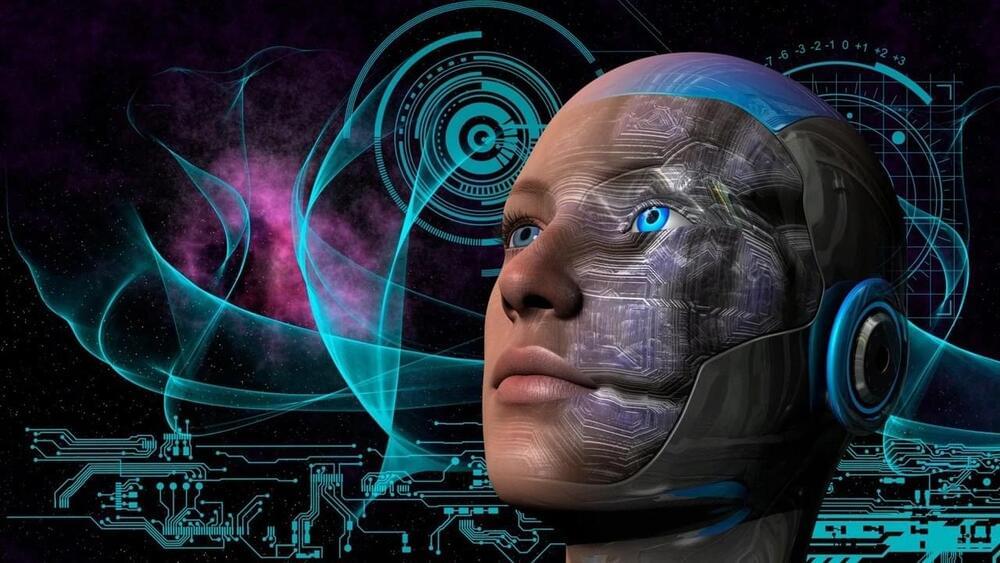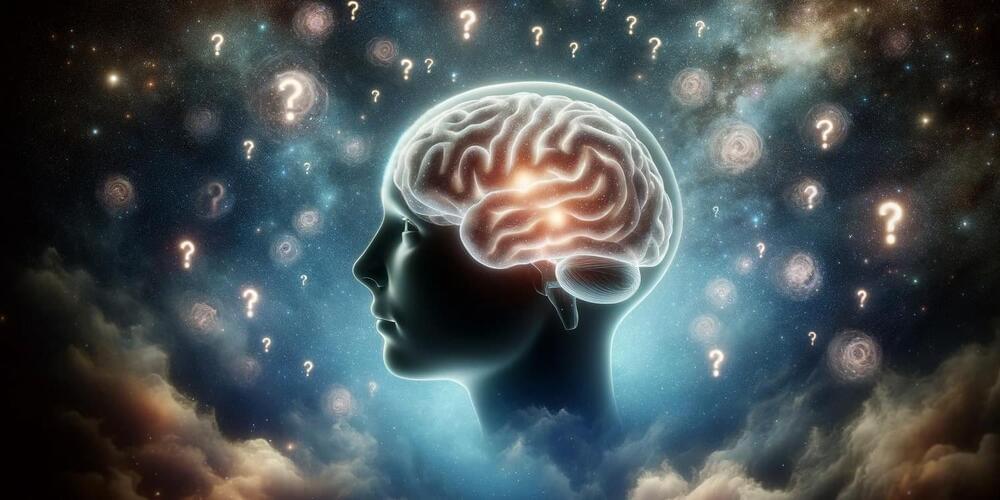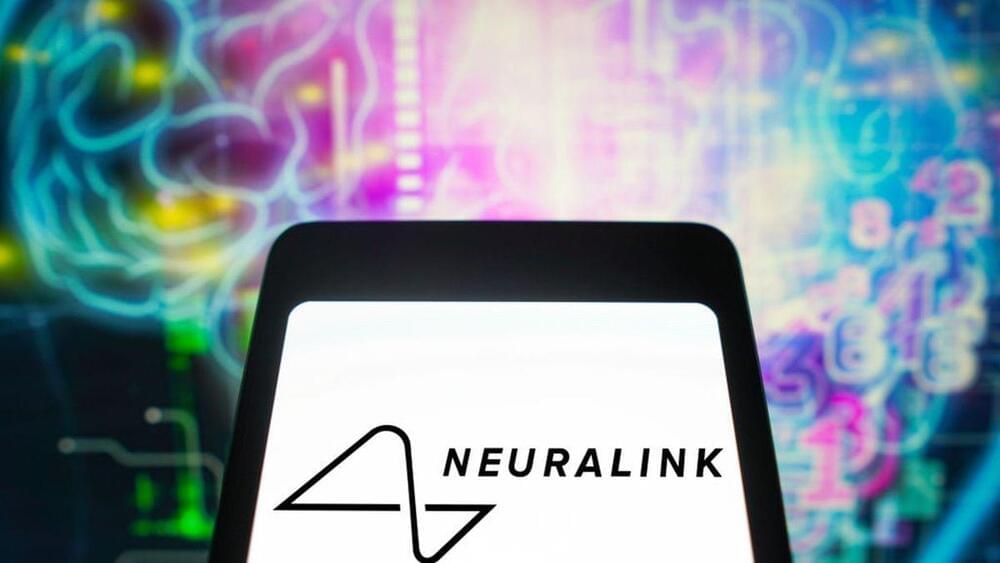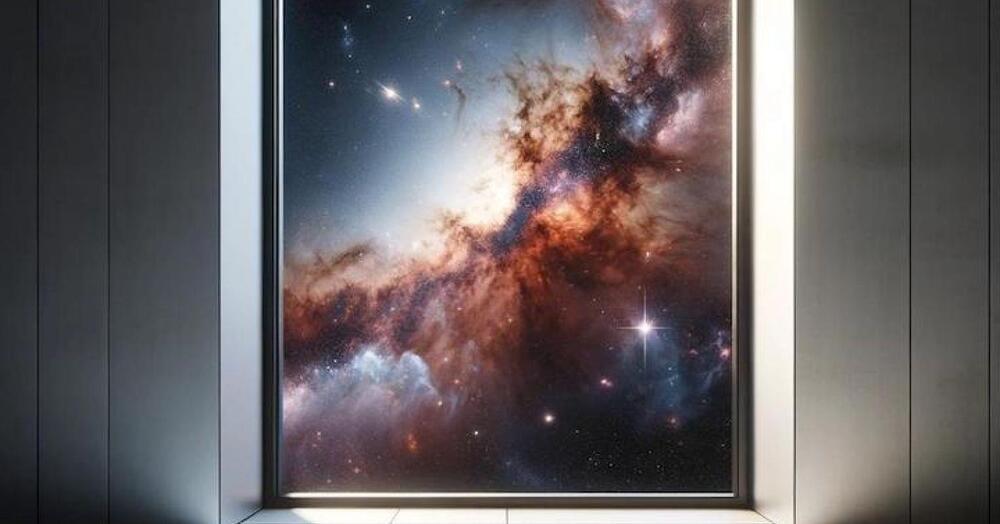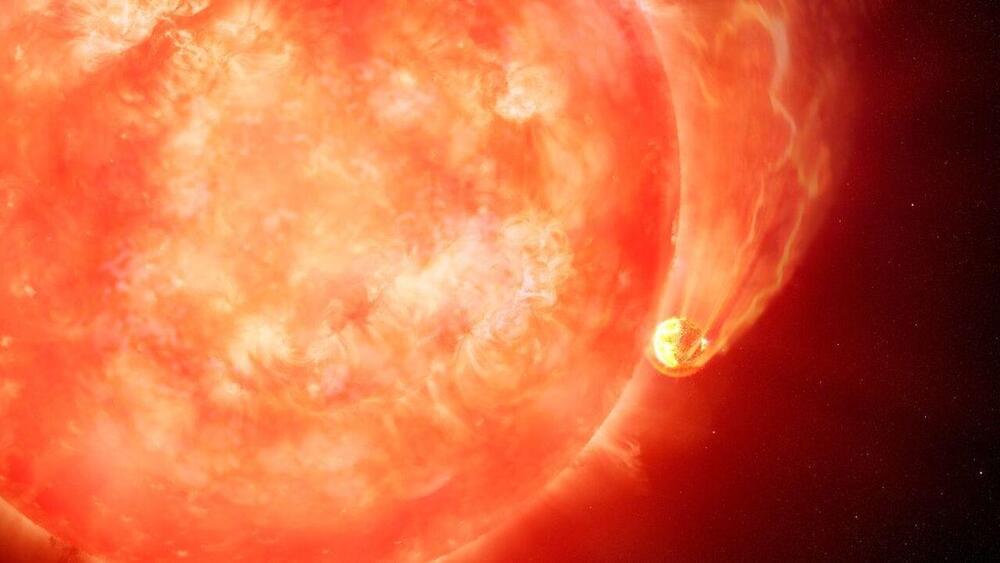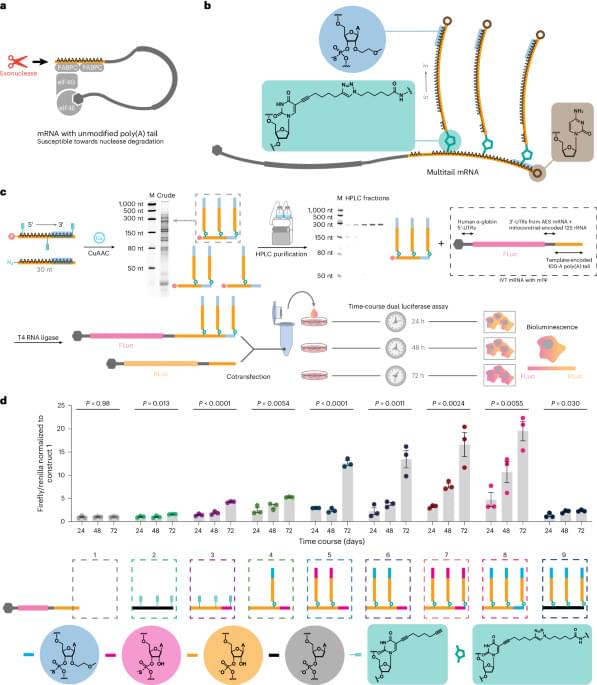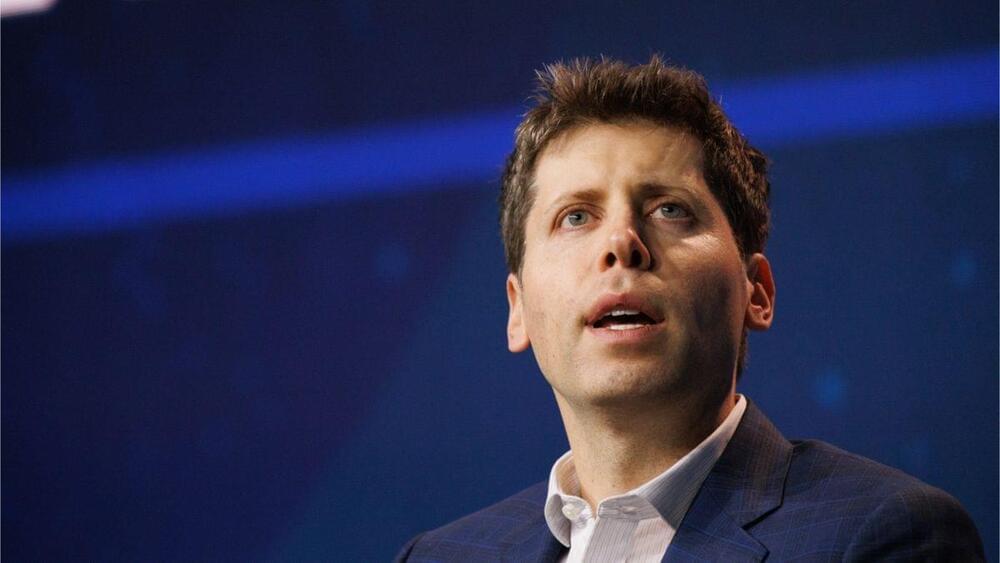Neuroscientists have taken a step closer to understanding those moments when our thoughts seem to vanish into thin air, a phenomenon known as “mind blanking.” A study published in The Journal of Neuroscience reveals that when people report having no identifiable thoughts — mind blanking — there is a marked reduction in brain activity across several key regions. This intriguing discovery contributes to broader conversations about consciousness and our ability to report experiences.
The authors behind the new study sought to better understand a relatively understudied area of cognitive neuroscience: the phenomenon of mind blanking, where individuals find themselves unable to recount their immediate-past mental content. Unlike mental states with reportable content, such as daydreaming or engaging in a task, mind blanking represents a unique state of consciousness that lacked thorough neural characterization.
“In the past 10 years, I have researched human unconscious states where communication is restricted (post-comatose disorders),” said corresponding author Athena Demertzi, a tenured research associate of the Belgian Fund for Scientific Research and director of the Physiology of Cognition Lab at the University of Liège, Belgium.
